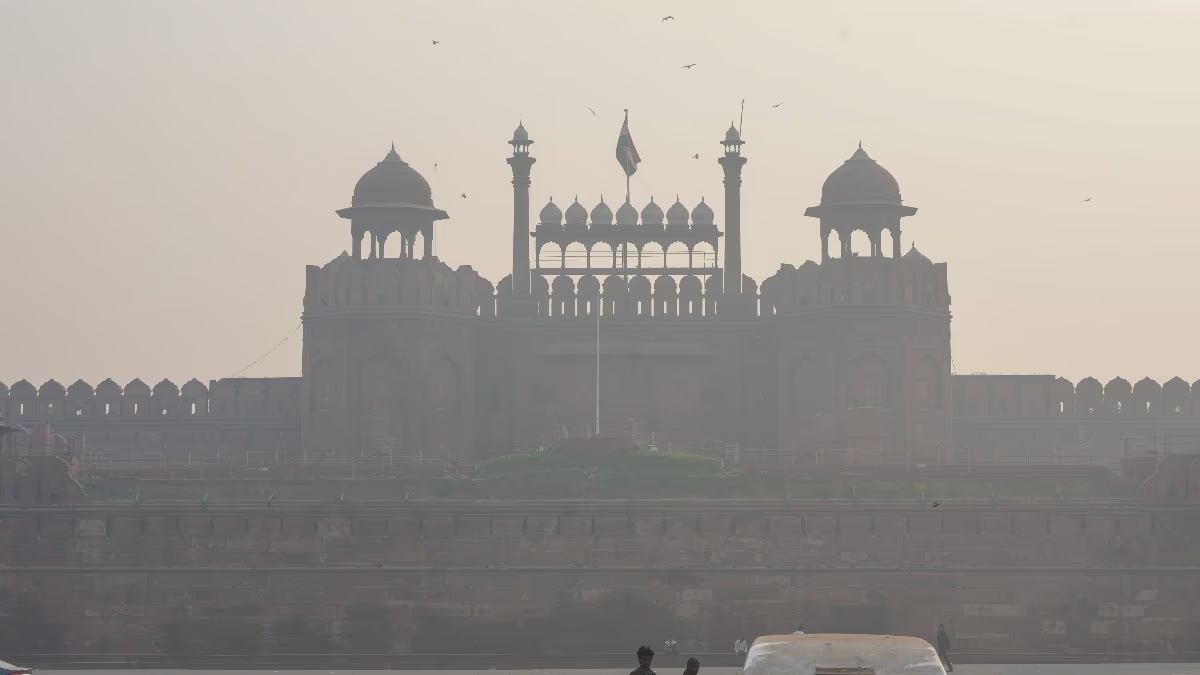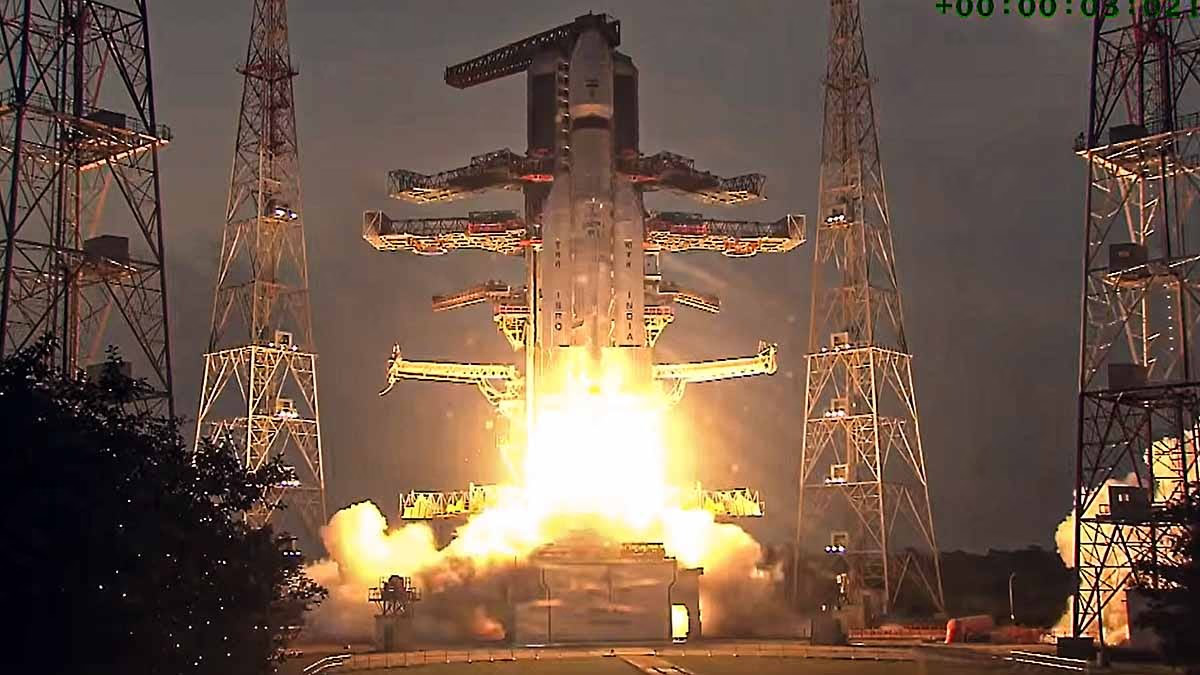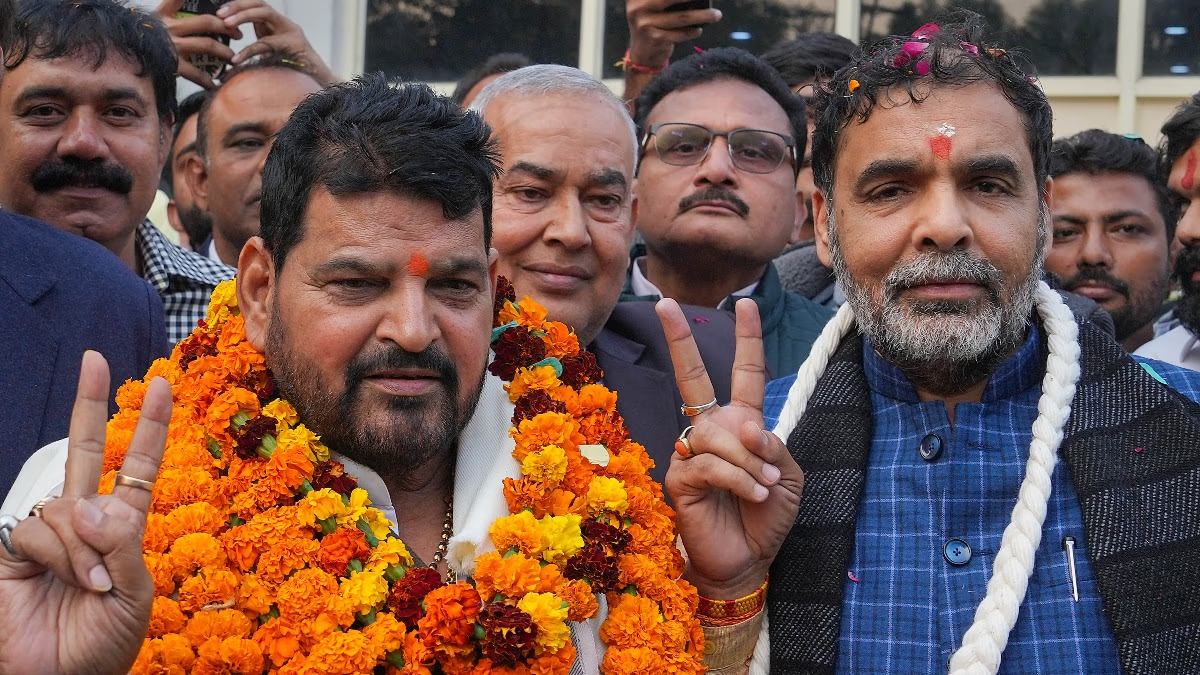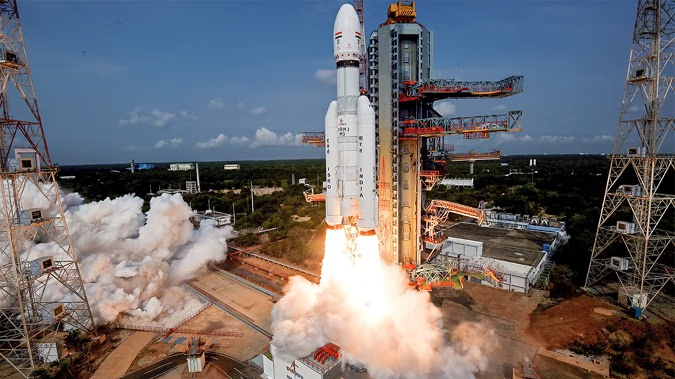During Diwali in the national capital of Delhi, there was a significant surge in pollution levels. Pollution monitoring stations in the capital reported a notable increase. Real-time data from the Delhi Pollution Control Committee (DPCC) revealed that pollution levels started escalating after 5 PM, with most stations recording less than 100 micrograms per cubic meter at 5 PM, which surged to over 300-400 by 8 PM.
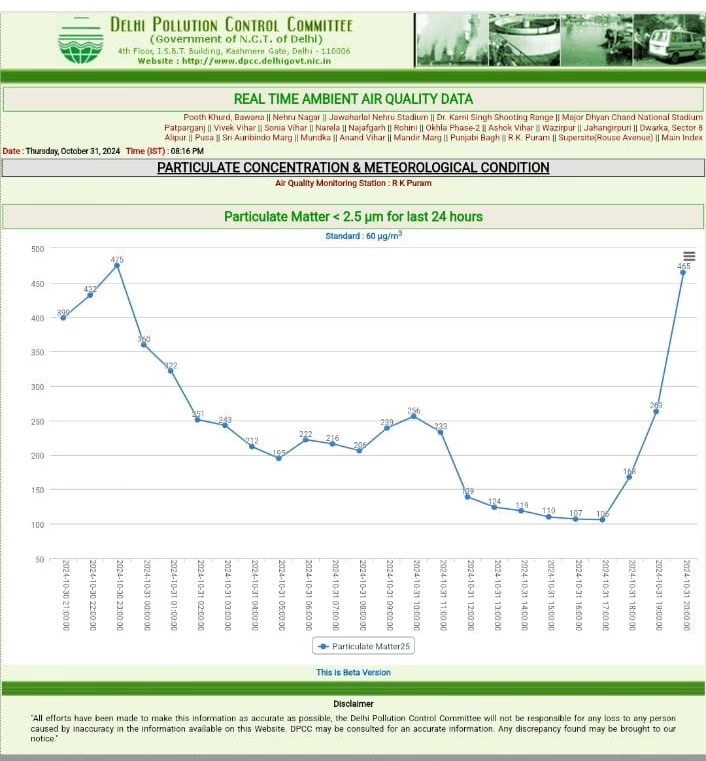
Source: aajtak
Key locations such as RK Puram, Okhla, Jahangirpuri, Pusa, Nehru Nagar, and Patparganj witnessed a significant rise in PM 2.5 concentration due to early Diwali fireworks.
According to the agency, the city's average air quality index (AQI) over 24 hours was recorded at 328 by 4 PM, up from 307 on Wednesday.
Delhi’s Air Worsening Steadily
Delhi’s air quality is steadily worsening. On Diwali, it settled in the 'very poor' category, and it's expected to worsen to 'severe' due to night-time fireworks. A dense layer of smog was observed in the sky from Thursday morning. In the Anand Vihar area, air was highly polluted with AQI reaching the 'severe' category. At 8 AM, the average AQI (PM10) was noted at 419, with the maximum possible reading being 500. Annually, firecracker sounds echo through the skies of Delhi.
The Delhi government has imposed a comprehensive ban on the manufacturing, storage, sale, and use of firecrackers. Delhi’s Environment Minister, Gopal Rai, announced that 377 teams have been formed to enforce the firecracker ban in the national capital on Diwali's eve.
Also Read: Silver Prices Surge in Delhi to Mumbai on Diwali - Learn the Rates in Other Cities
What's the Data Saying?
According to the Central Pollution Control Board, in 2023, Delhi inhabitants enjoyed a clear sky and ample sunlight on Diwali, with an AQI of 218, compared to 312 in 2022, 382 in 2021, 414 in 2020, 337 in 2019, 281 in 2018, 319 in 2017, and 431 in 2016.
The reduction in stubble burning incidents, rainfall prior to Diwali, and favorable meteorological conditions last year prevented the transformation of the national capital into a gas chamber post-festival. As per the data, the pollutant PM2.5 level was recorded at 145 micrograms per cubic meter at 3 PM.
